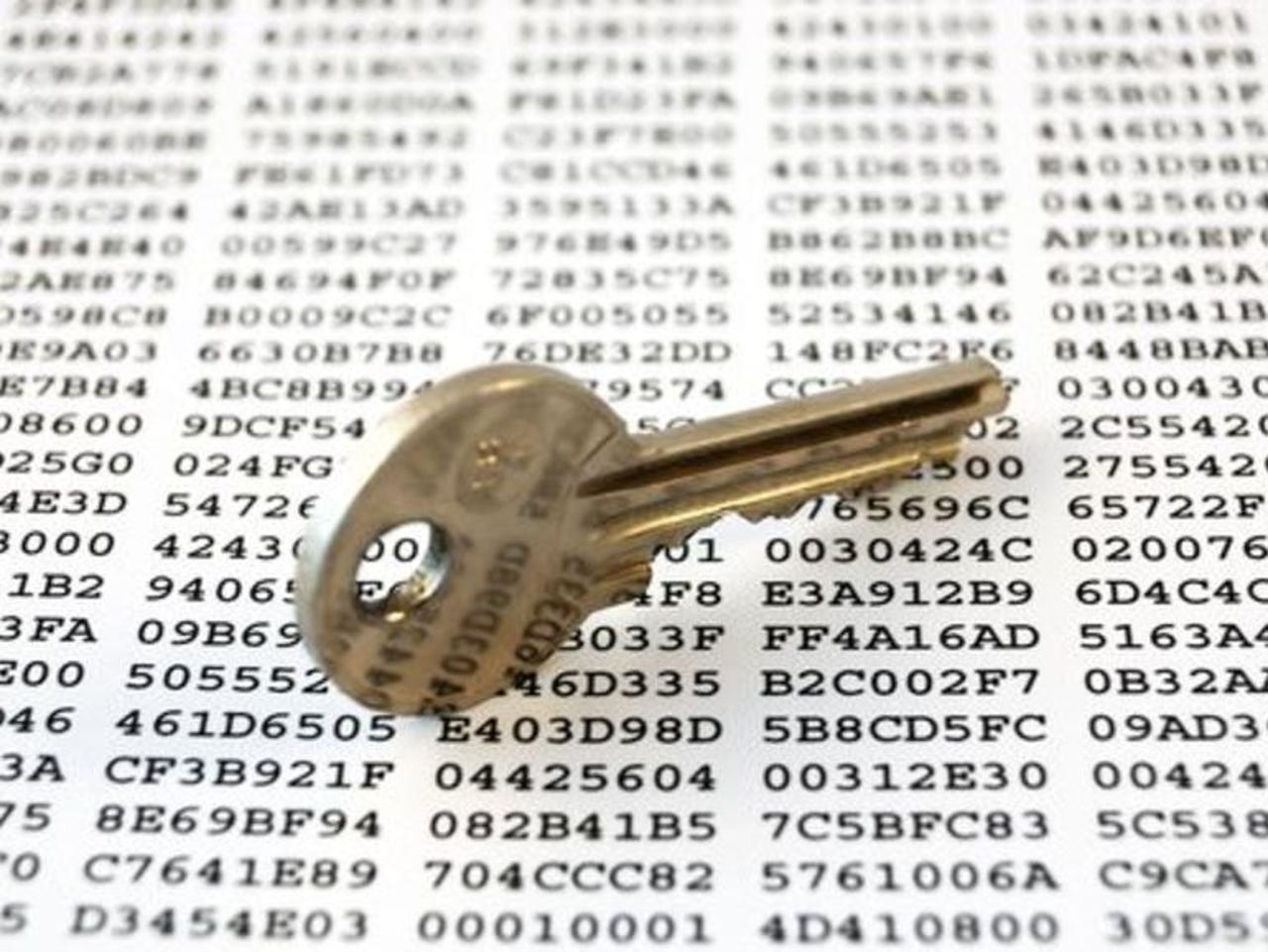Security versus privacy? There's only going to be one winner


When privacy and security clash, which should win out?
There's no fundamental right to privacy and critics of surveillance legislation must understand that access to private information of citizens is essential to keeping citizens safe, former UK Foreign Secretary William Hague has warned.
While Hague said that encrypted messaging services are necessary - there are cases where the authorities should be able to access encrypted data, such as in the recent case between Apple and the FBI over the San Bernardino shooting suspect.
"I come at this from the standpoint of someone who used to sign interception warrants, who has seen more plots and criminal networks than I ever knew existed or ever want to hear about again," said Hague, speaking at the Infosecurity Europe 2016 conference.
"My own views are coloured by that and if I was advising technology companies offering encryption unbreakable by law enforcement authorities, I'd give this advice; public opinion on these issues can turn around very quickly", he said suggesting that while tech companies are winning approval for protecting privacy right now that may not always be so.
"It's undoubtedly the case that criminal networks are highly sensitive to finding channels of communication they believe will be undetected - it makes all the difference between them going to jail or not".
And he said revelations around subjects like tax evasion, criminal gangs and terrorism are "cumulatively damaging to the case for unbreakable encryption" and therefore mean that "in a world where often private information can protect the taxpayer, stop a multitude of crimes, or save lives, in my view there can be no absolute right to privacy", said Hague.
He acknowledged that there are those who are sceptical about or unhappy with the idea of the government having a right to access some information but said that it's "unacceptable" for the public to be put at risk by technology companies who won't provide the government access to certain communications.
"The answer will come through public debate through unfortunate cases and a new batch of laws. And I can only see that in ending up in one place; because seeing what I have on security and how unacceptable it is in a modern society for the security of the mass of the population to be jeopardised, I can't see that an absolute right to privacy can with stand the pressure of argument and events over the coming years," said Hague.
"I'd bare that in mind if I was any of those companies, because I think the laws in most Western societies will end in one place, reaffirming the right on national security and strong law enforcement grounds to be able to gain access to information," he said.
Not everyone is convinced.
"The clear implication of William Hague's statement is that our privacy is something that the state just has to pay lip service to before it tramples all over it to get the data that it wants about us," Privacy International campaigns director Harmit Kambo said in an email to ZDNet.
During his speech, Hague also touched upon the controversial Investigatory Powers Bill - arguing that the surveillance legislation contains many checks and balances to prevent abuse and that the idea of it being a Snooper's Charter - as it's often referred to by critics is "ridiculous". Privacy International also challenged Hague on this.
"Privacy International, alongside experts from across academia, human rights groups, and the legal profession have repeatedly criticised the lack of safeguards that the bill contains. It will be remarkably easy for a range of public bodies to access your personal data with little more than an internal rubber stamping from a senior staff member," said Kambo.
"We will continue to seek significant improvements to the Bill as it moves to the House of Lords for consideration to get the kind of bill that protects our privacy and protects our security. At the moment, it falls considerably short on both counts".
Read more on web surveillance
- The government's encryption plans remain impossible to decipher
- The new art of war: How trolls, hackers and spies are rewriting the rules of conflict
- Inside the secret digital arms race: Facing the threat of a global cyberwar
- Surveillance laws need rethink, but bulk collection of web data will continue
- The undercover war on your internet secrets: How online surveillance cracked our trust in the web
- The impossible task of counting up the world's cyber armies
- Encryption: More and more companies use it, despite nasty tech headaches